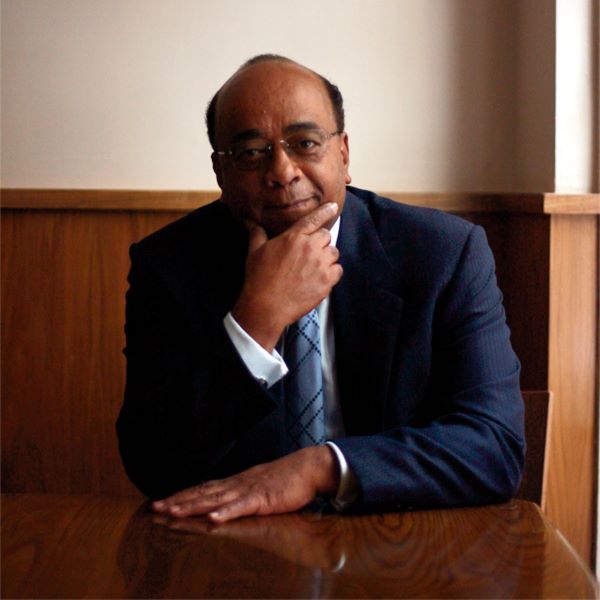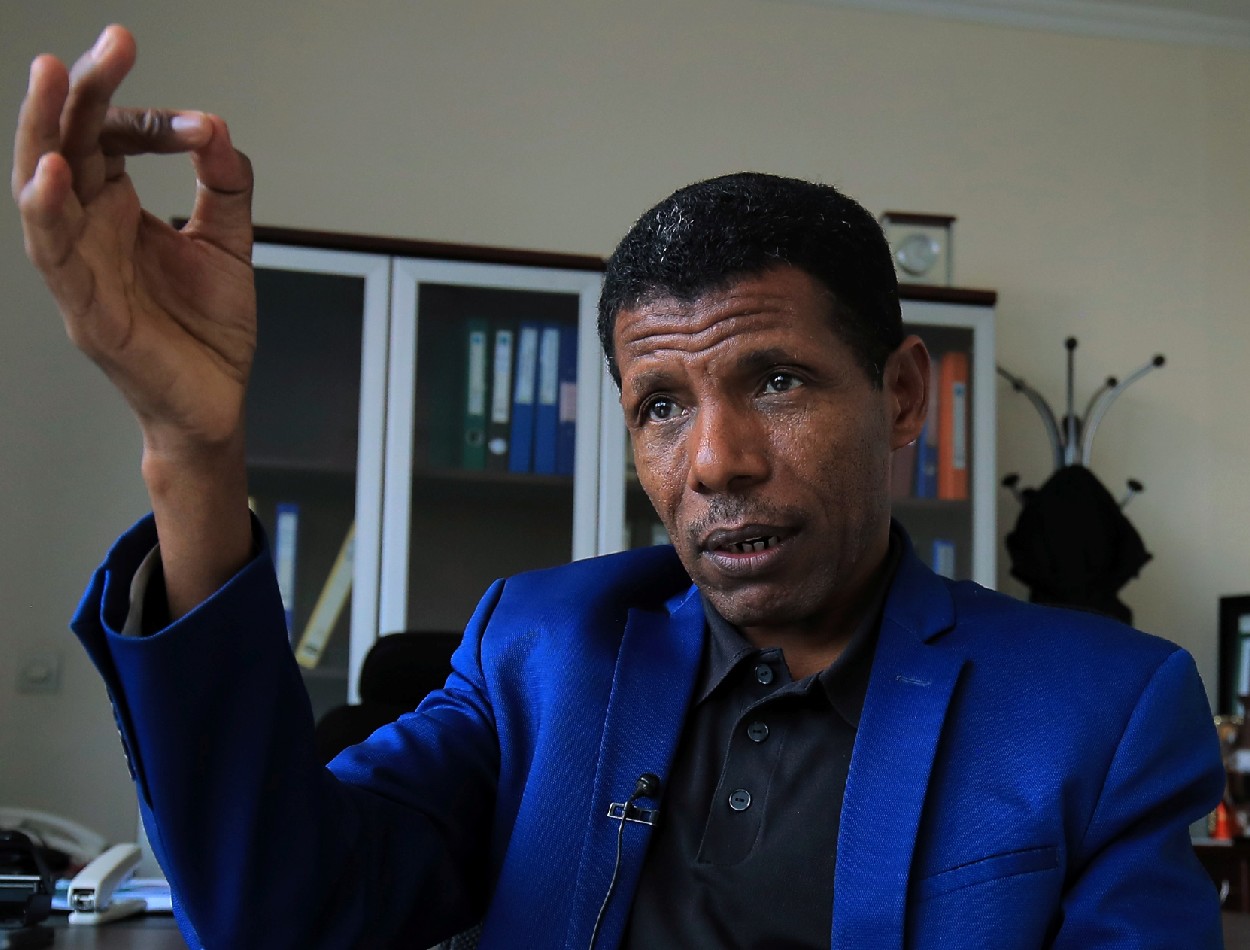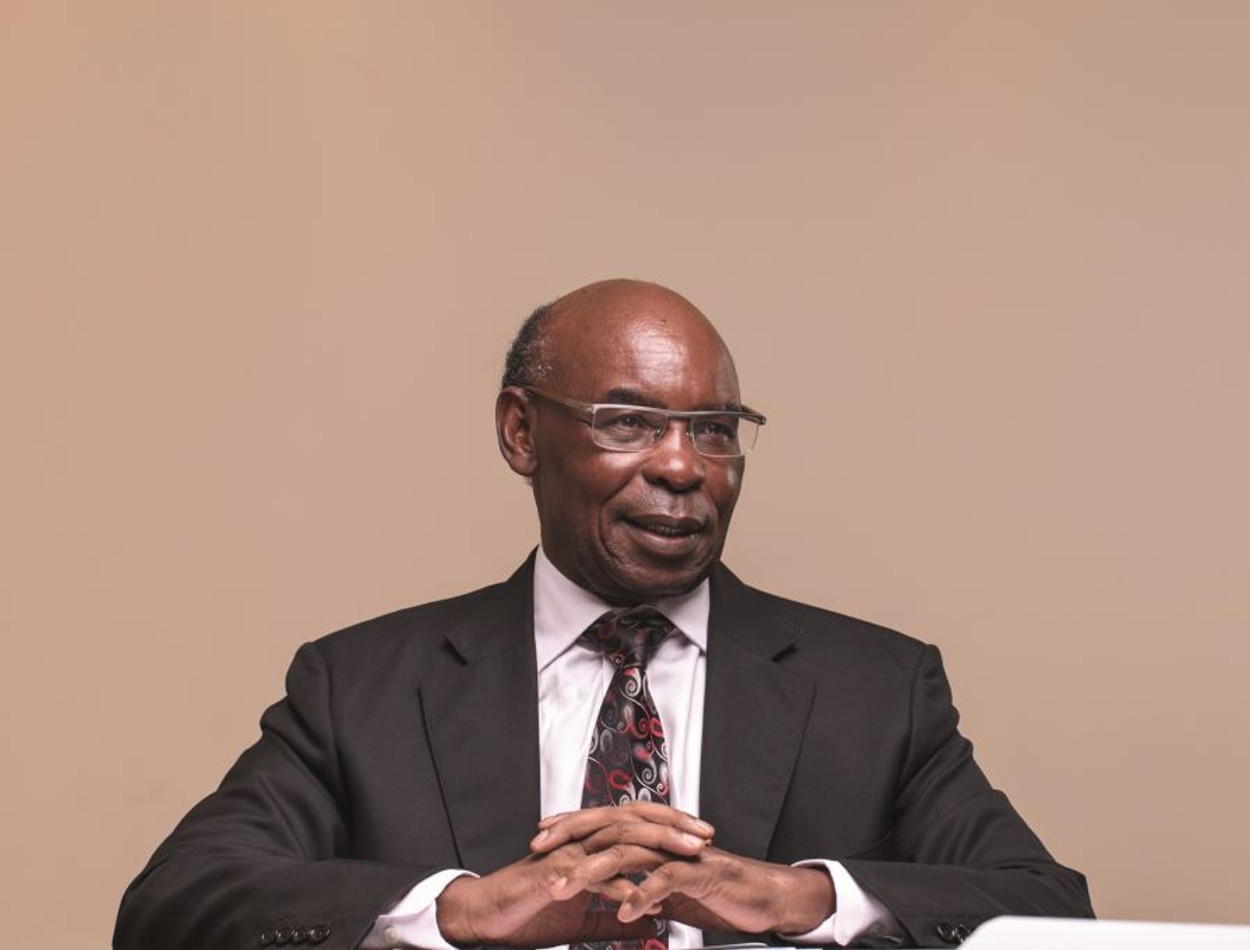Many stories have been told about Africa, and how it is the next frontier in many better future narrations dubbed as “Africa rising”.
But amid all this push for a better future for a continent considered resource-rich, little has been done to stop the siphoning of billions of taxpayers’ dollars and natural resources in what can be described as a violent robbery against the world’s poorest.
In the past two decades, the natural resource wealth in Africa has attracted foreign investments, but that has not been passed to the over a billion people most of whom are still languishing in poverty.
In all this sad story, a few elites have made fortunes and stashed them in offshore accounts.
It is an open secret that some of the most reviled autocrats on the continent own prime real estate in Western capitals.
Their children attend the most expensive private schools and colleges in the world, while millions of their subjects go for days without basic amenities.
But in a continent often marred by political instability and economic challenges, one man has stood as a beacon of hope and inspiration: Mo Ibrahim.
The Sudanese billionaire’s commitment to promoting good governance and leadership in Africa has earned him widespread recognition and respect.
He has been named one of Time magazine’s 100 most influential people and has received numerous awards for his philanthropic efforts, including the Clinton Global Citizen Award and the David Rockefeller Bridging Leadership Award.
Ibrahim remains deeply invested in the future of Africa.
He advocates for transparency, accountability, and ethical leadership, believing that these principles are essential for unlocking Africa’s full potential and ensuring a brighter tomorrow for generations to come.
He is estimated to be worth $1.2 billion, according to Forbes.
Where it all started
Ibrahim’s journey from humble beginnings to becoming a billionaire and a champion of good governance is nothing short of remarkable.
Mohammed Fathi Ahmed Ibrahim was born in 1946 in Sudan.
The 77-year-old’s family moved to the Egyptian city of Alexandria where his father worked at a cotton company.
The billionaire received his education in Egypt where he graduated with a degree in electrical engineering from Alexandria University.
He later returned to Sudan to work for Sudan Telecom before moving to the United Kingdom for a master’s degree in electronics from the University of Bradford and PhD in mobile communications from the University of Birmingham.
Ibrahim worked at British Telecom and later became the technical director at Cellnet (now O2), a part of British Telecom.
While there, he launched the very first cell phone network in the UK.
In 1989, Ibrahim took the entrepreneurial leap and founded MSI, a consultancy and software company that quickly gained recognition for its innovative solutions.
Nine years later, made a bold move by spinning off MSI’s mobile division into a new company called MSI-Cellular Investments, which rebranded to Celtel.
Celtel emerged as a pioneering force in Africa’s mobile telecommunications sector, offering affordable and accessible mobile services to millions of people across the continent.
The company’s success was largely fueled by equity financing, a strategic decision in an era when international banks were hesitant to invest in African markets.
Ibrahim’s entrepreneurial journey reached new heights in 2004 when he announced plans to take Celtel public on the London Stock Exchange, a move that would further solidify the company’s position as a key player in the global telecommunications arena.


Just a year later, Ibrahim made headlines once again by selling Celtel to the Kuwait-based Mobile Telecommunications Company (now Zain), in a landmark deal that underscored the immense potential of Africa’s telecommunications market.
At the time of its sale in 2005, Celtel boasted over 24 million subscribers across 14 African countries, with a workforce that was predominantly African.
He is also the founding chairman of Satya Capital Limited, a private investment firm focused on Africa. He remains at the forefront of efforts to drive economic growth and development across the continent.
Ibrahim Index of African Governance
In 2006, Ibrahim founded the Mo Ibrahim Foundation, with a mission to support African leadership and governance through research, advocacy, and recognition.
One of the foundation’s flagship initiatives is the Ibrahim Index of African Governance, an annual assessment that evaluates the performance of African countries in key areas such as human rights, rule of law, and economic development.
The index provides valuable insights into the progress and challenges facing African nations, empowering policymakers and citizens alike to drive positive change.
In addition to the governance index, the Mo Ibrahim Foundation administers the Ibrahim Prize for Achievement in African Leadership, an annual award that recognizes and celebrates exceptional leadership on the continent.
The Ibrahim Prize, often referred to as Africa’s Nobel Prize, is awarded to former African heads of state or government who have demonstrated excellence in leadership, served their term in office within the limits of the constitution, and made significant contributions to their countries’ development.
But his approach to improving governance in Africa has been controversial in some quarters.
The billionaire, however, believes that his idea is noble and would help address some of the root evils slowing down Africa.
“I was a businessman and in the last phase of my career, I built mobile communications in Africa, whatever, and made money. I wanted to give it back to Africa but I wanted to give it back in a meaningful way,”
“Yeah, I mean I had the option of, you know, getting cartons of milk and blankets and taking it to refugee camps, etcetera, but as a businessman, I’m looking for a return. I see this as an investment and I feed hundreds of starving people today and tomorrow”.
he once told an American news outlet.
Preparing the future generation
Ibrahim’s impact on Africa’s business and finance landscape is undeniable, and his legacy serves as an inspiration to aspiring entrepreneurs and business leaders alike.
Besides pledging that more than half of his wealth will go towards charitable courses, his endeavors also power a lot of young dreams on the continent.
His foundation offers annual scholarships and fellowships to Africans at prestigious global universities and institutions.
“The Ibrahim Leadership Fellowships were established in 2011 to identify and mentor the future generation of outstanding African leaders. Each year three Fellows have an opportunity to work in the executive offices of the AfDB (Abidjan), ECA (Addis Ababa), or the ITC (Geneva), with a stipend of $100,000,” the Foundation states on its website.
For 12 months Fellows are actively engaged in research and policy design thereby gaining both technical and leadership skills.
While on the program, they are also under the direct mentorship of the heads of the host organizations.






